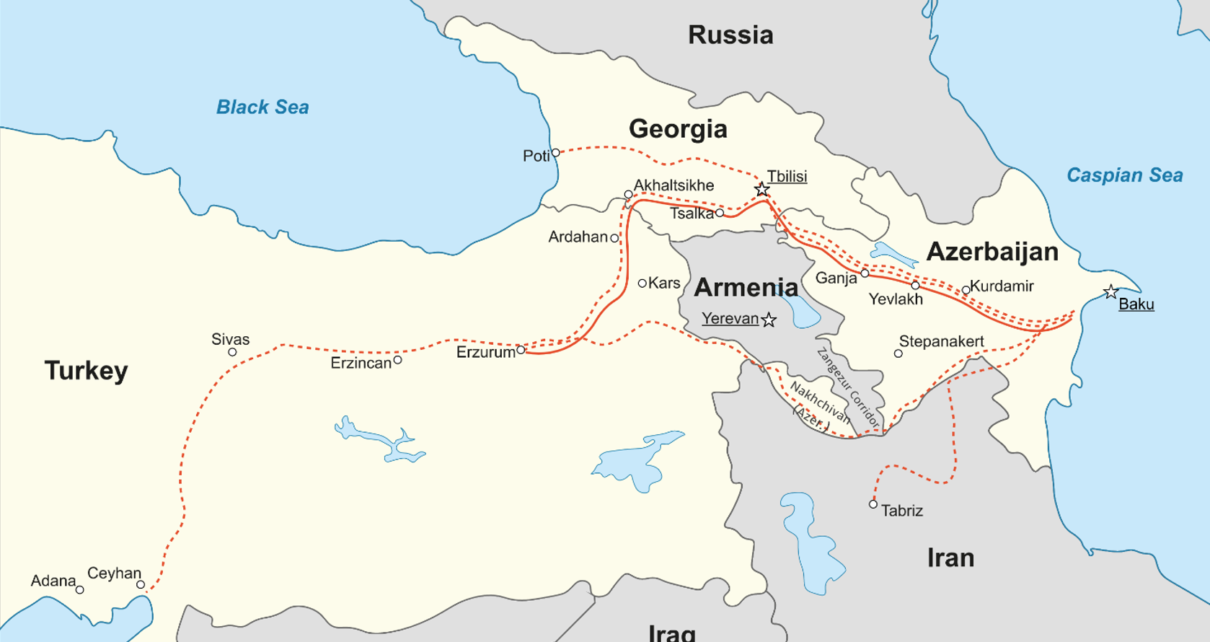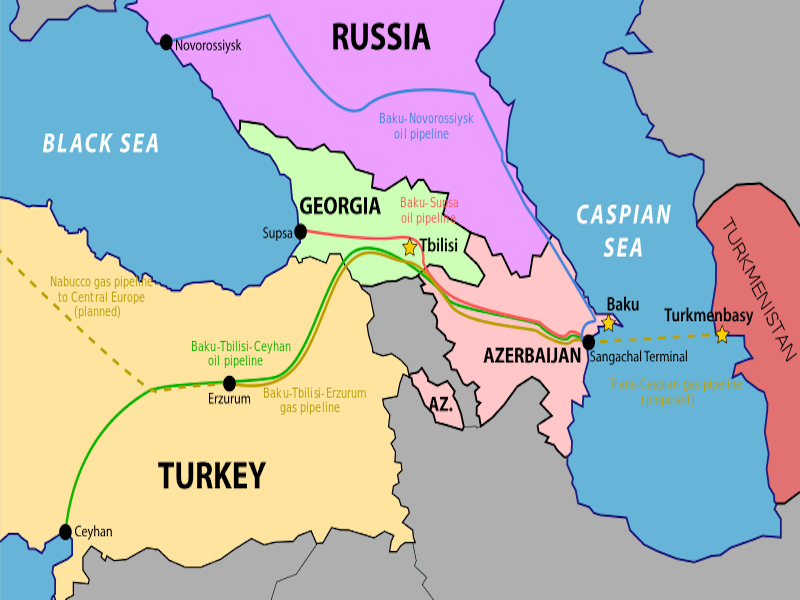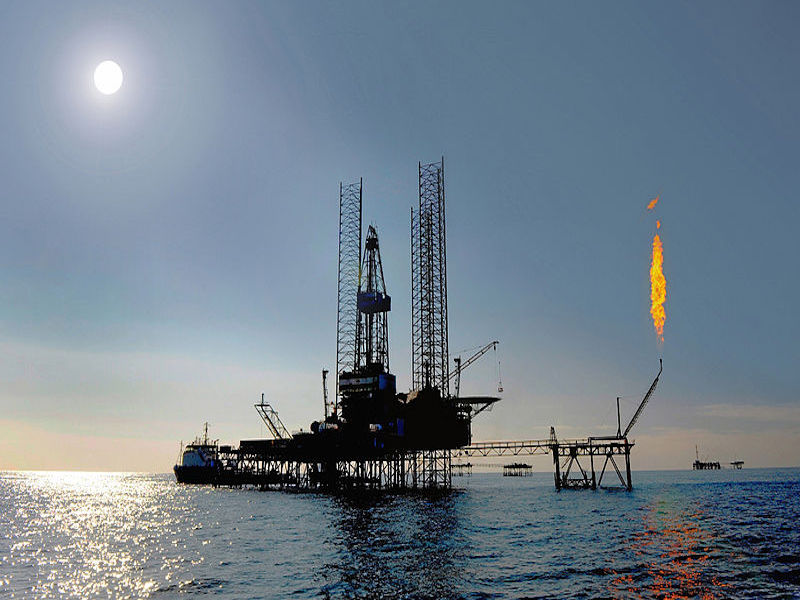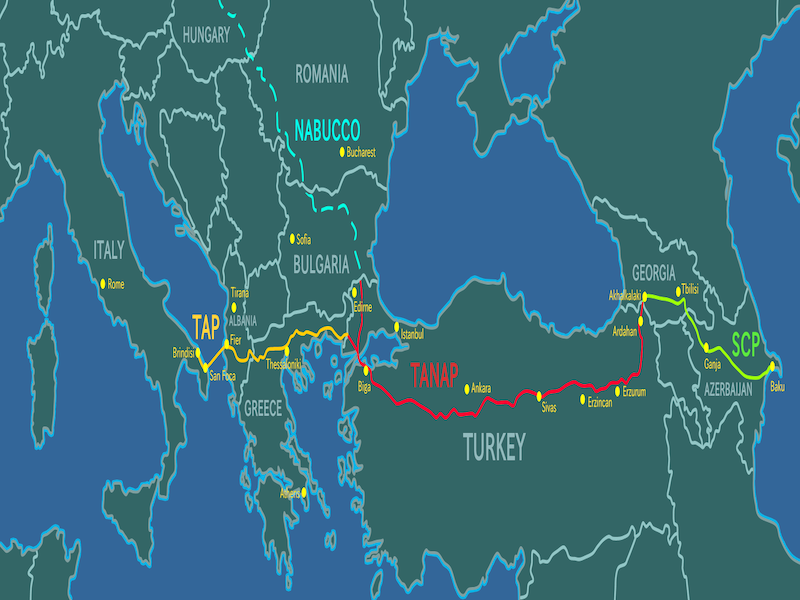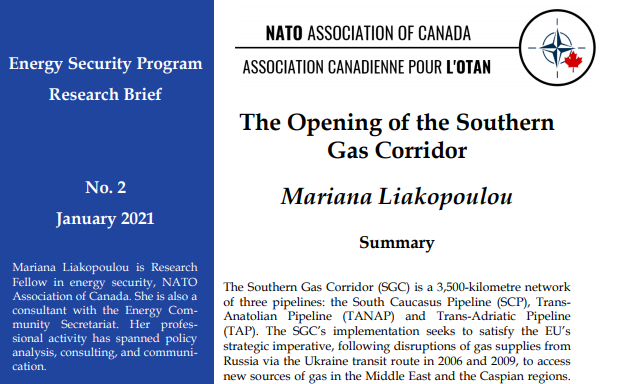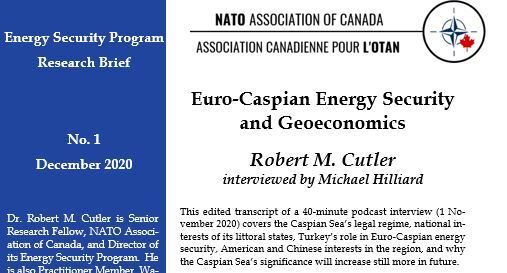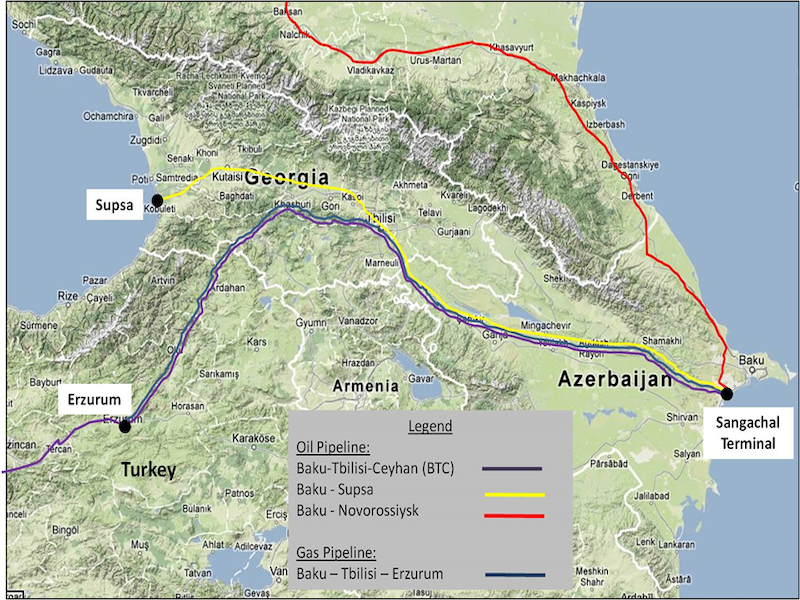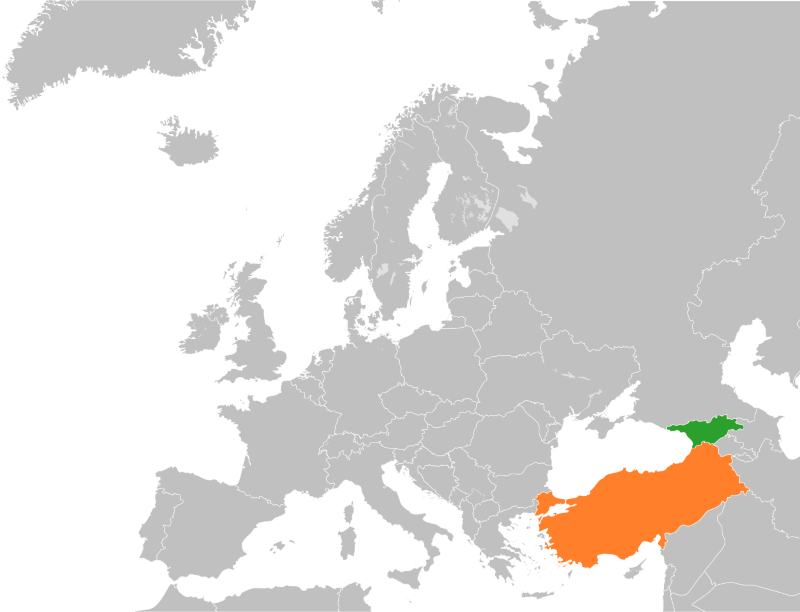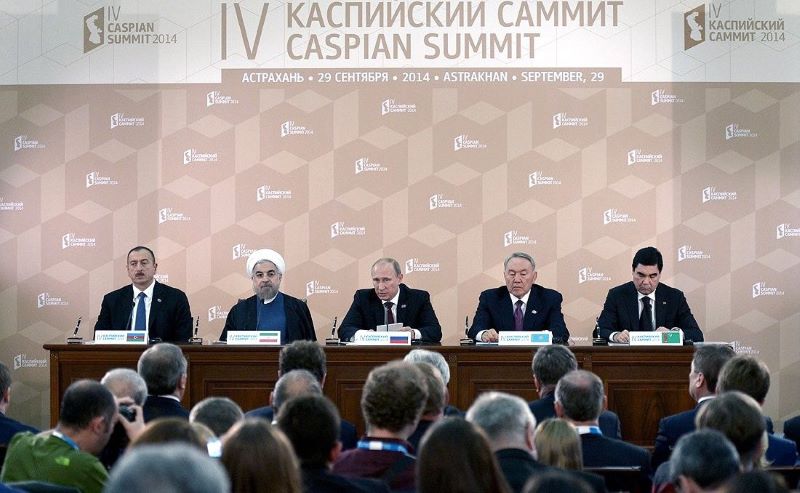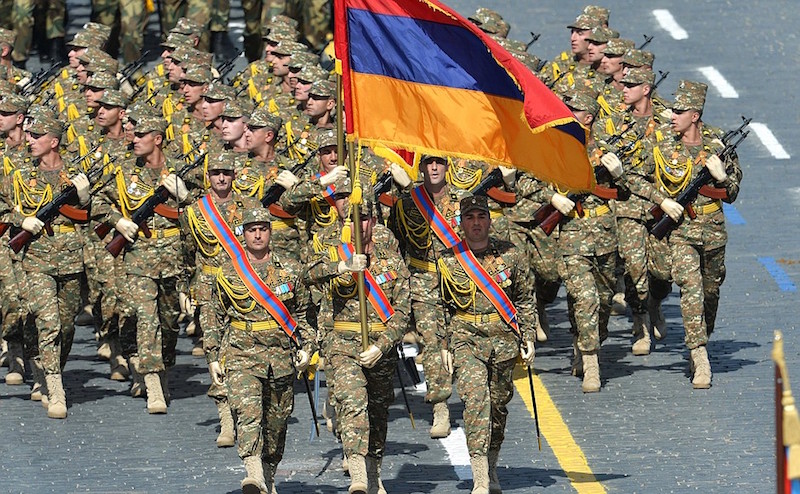One year after the Nagorno-Karabakh war, regional security in the South Caucasus is once again at risk. This time, Iran and Azerbaijan are at odds as the countries exchange words and flex their military might in drills across their shared border. In this article, Arash Toupchinejad highlights the root causes of the increasingly sociopolitical dispute and how it could have significant implications for NATO.
Tag: Azerbaijan
South Caucasus Gas Transport and European Energy Security
Last summer, before the Second Karabakh War broke out between Armenia and Azerbaijan in autumn, the Turkish company BOTAS opened a tender to construct a gas pipeline from Igdir into the Azerbaijani exclave of Nakhchivan, which is surrounded by Armenia and Iran but has a short border with Turkey. Nakhchivan has relied principally on gas Read More…
Azerbaijan and Turkmenistan Eye Gas Exports to Europe
In this Article Dr. Robert M Cutler, examines the implications for Europe’s energy security of the recently agreement between Azerbaijan and Turkmenistan to co-develop the Dostluk hydrocarbon field in the Caspian Sea.
European Energy Consumers Welcome Caspian Gas
The year 2020 was very difficult for the energy sector, and the COVID-19 pandemic continues to have negative effects on it. Despite all challenges, however, the Trans Adriatic Pipeline (TAP) was completed and began commercial operations on 15 November 2020. The TAP is the European leg of the Southern Gas Corridor that transports gas to Read More…
The Opening of the Southern Gas Corridor
Download: Energy Security Research Brief No. 2 January 2021 (11 pages, 315KB) Title: The Opening of the Southern Gas CorridorAuthor: Mariana LiakopoulouSeries: Energy Security Program Research Brief No. 2Date: January 2021 The Southern Gas Corridor (SGC) is a 3,500-kilometre network of three pipelines: the South Caucasus Pipeline (SCP), Trans- Anatolian Pipeline (TANAP) and Trans-Adriatic Pipeline Read More…
Euro-Caspian Energy Security and Geoeconomics
This edited transcript of a 40-minute podcast interview (1 November 2020) covers the Caspian Sea’s legal regime, national interests of its littoral states, Turkey’s role in Euro-Caspian energy security, American and Chinese interests in the region, and why the Caspian Sea’s significance will increase still more in future.
Where does energy fit in the new military clashes with Armenia?
An analytical commentary by Robert M. Cutler, Director of the Energy Security Program, titled “Where does energy fit in the new military clashes with Armenia?“, was published on 28 July 2020 by the independent News.Az Online News Agency As is well known by now, in mid-July new military hostilities erupted between Azerbaijan and Armenia. They Read More…
Turkey, Georgia, and Energy Security
European energy security, especially the diversification of sources of supply of natural gas, increasingly depends on the South Caucasus countries of Georgia and Azerbaijan. Russia is building the NordStream Two and TurkStream pipelines in order to secure European Union (EU) dependence on Russian gas for decades to come. Because of its unique geographical situation, Georgia Read More…
The Caspian Convention and Caspian Energy
The authoritative text of the Convention on the Status of the Caspian Sea (Caspian Convention), signed August 12 in Aktau, Kazakhstan, is now available. After 23 years of negotiations, skepticism seems to be an influential trend in interpreting the Convention’s significance. It is easier for an expert to say, “Oh I didn’t expect such progress,” Read More…
Conflict in the Caucasus, Part 1: Armenia, Azerbaijan, and Regional Security
This article is part one of a two-part series on the tensions between Armenia and Azerbaijan. Aidan Simardone examines regional actors involved in the conflict and the potential effects a war would have for the security of the region.

